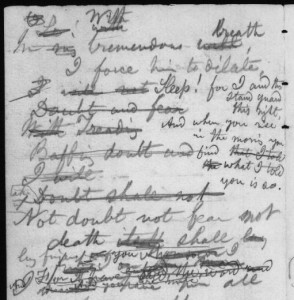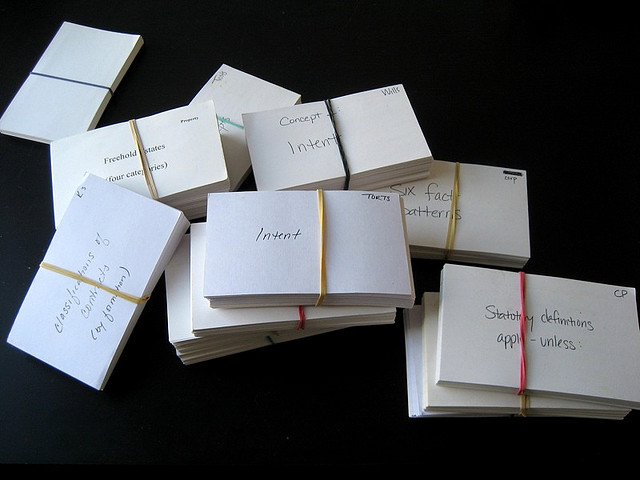The Secret of the Essay: Don’t Think, Just Write
A blank page scares high school students and professionals alike. The intimidation of having to put a masterpiece on paper cripples our creative juices and arrests our hands from touching the keyboard. The unfortunate alternative we turn to is the easy way out: social media or top 10 lists—the path of least resistance. It’s the ultimate drug for procrastination, clicking away to something that is less of a strain on our brains and possibly foregoing the whole assignment altogether. For some reason, students today are misguided into believing that professional authors wake up in the morning, brew their coffee, put their pen on paper and 3 hours later present a perfectly crafted bestseller. The reality of the situation is that writing is a process of polishing rubbish until it starts glimmering gold.
How to Conquer the Blank Page
Don’t think, just write! My high school freshman writing teacher, Ms. Annie Thoms, taught us the value of free writing: the art of emptying your mind on paper without any concern of its content. It’s a technique that sticks with me to this day and allows me to surmount any writing obstacle that enters my path. How can you fail if there is no right way to succeed? In this junk, the expert writer finds magic. By allowing your mind to wander into realms you never expected, your creativeness can overtake your rigid logic. There is no pressure of finding the wrong word, since there is no such thing as a right word in a free write.
Free Writing 101
1. Sit down in a quiet location without any distractions, either with a blank page and pen or a full screen blank word processor.
2. Set a timer for 10 minutes. Start writing. Do not stop until you hear the timer ring.
3. If you come to a brain freeze, just keep on writing about it until you think of something else (e.g. “I have a brain freeze, I have a brain freeze, oh I enjoy skating on frozen lake in winter, etc.”)
4. Marvel at your jumble of beautiful prose.
From Free Write to Rough Draft to Masterwork
Now that you have your cobweb of thoughts on paper, you can sort through the 10 minutes of idea diarrhea. Some of it you may be embarrassed by, and that’s okay, but some material could be surprisingly eloquent. That’s okay too. Once you have the catalyst for a workable rough draft, begin expanding on the material. Take that one golden thought and make a page out of it, either by engaging in another free write using it as the prompt, or by planning a rough draft around that excerpt. Revision is where your hard work really starts to reveal itself.
“I have rewritten — often several times — every word I have ever published. My pencils outlast their erasers.” — Vladimir Nabokov






No comments